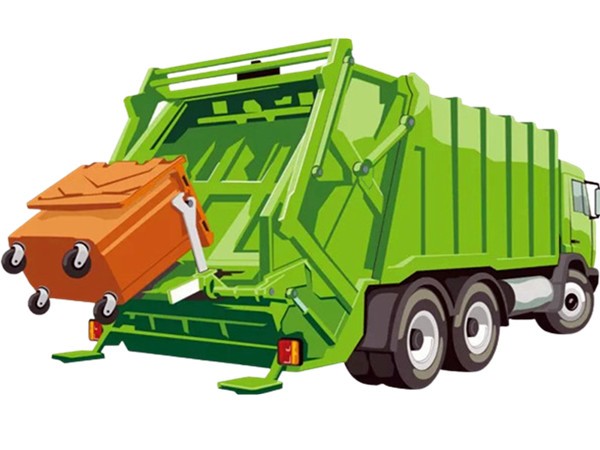
Introduction
Waste management plays a crucial role in driving innovation and entrepreneurship. This article provides an overview of the importance and relevance of waste management as a catalyst for innovation. It also introduces the main discussion points that will be explored in detail throughout the article.
Historical Background
Throughout history, waste management practices have evolved significantly. Early civilizations had rudimentary waste disposal methods, often resulting in severe economic and environmental consequences. This section delves into the historical context of waste mismanagement and its impact on society.
Key Concepts and Definitions
To better understand the relationship between waste management, innovation, and entrepreneurship, it is important to define these terms. This section provides clear definitions of waste management, innovation, and entrepreneurship. It also explores how these concepts intertwine in the context of waste management.

Main Discussion Points
Waste as a Resource
Waste, often seen as a burden, can be transformed into a valuable resource. This subsection explains the concept of waste as a valuable resource and highlights examples of businesses that have successfully repurposed waste to create valuable products or services.
Circular Economy and Waste Management
In recent years, the concept of a circular economy has gained traction. This subsection introduces the principle of a circular economy and its connection to waste management. It also discusses how waste management practices can contribute to a more sustainable and circular economy. Case studies of companies implementing circular economy principles in waste management further illustrate these concepts.
Technological Advancements in Waste Management
Technological innovations have revolutionized waste management processes. This subsection provides an overview of the latest technological advancements that have optimized waste collection, sorting, recycling, and other related activities. Additionally, it showcases examples of startups and companies utilizing technology to improve waste management practices.
Social and Environmental Impact of Waste Management Entrepreneurship
Innovative waste management solutions have significant social and environmental impacts. This subsection delves into the positive outcomes of waste management entrepreneurship, such as job creation and reduced environmental harm. It also highlights examples of waste management entrepreneurship initiatives that have successfully achieved these outcomes.

Case Studies or Examples
TerraCycle’s Recycling Programs and Partnerships
TerraCycle is renowned for its innovative recycling programs and partnerships with consumer goods companies. This case study explores how TerraCycle has successfully transformed waste materials into new products through its unique recycling initiatives.
Rubicon Global’s Waste Management Platform and Data Analytics
Rubicon Global has developed a waste management platform that utilizes advanced data analytics to optimize waste collection and disposal. This case study showcases how Rubicon Global has leveraged technology to revolutionize waste management practices.
Ecovative Design’s Sustainable Packaging Materials
Ecovative Design utilizes mycelium, the root structure of mushrooms, to create sustainable packaging materials. This case study demonstrates how Ecovative Design has harnessed nature’s potential to develop innovative and environmentally-friendly packaging solutions.
Current Trends or Developments
The waste management industry is constantly evolving with new trends and developments. This section provides an overview of the latest trends in waste management innovation and entrepreneurship. It also discusses cutting-edge technologies and approaches being used in the industry. Furthermore, recent research findings related to waste management as a driver of innovation and entrepreneurship are reviewed.
Challenges or Controversies
Waste management entrepreneurs face various challenges and barriers. This section addresses these obstacles and explores potential controversies or debates surrounding waste management practices and their impact on innovation and entrepreneurship. It encourages a critical examination of the field.

Future Outlook
Speculating on the future implications and directions for waste management as a driver of innovation and entrepreneurship, this section explores potential opportunities and challenges that may arise. It encourages readers to consider the future of waste management and its impact on society.
Conclusion
In conclusion, waste management has emerged as a significant driver of innovation and entrepreneurship. This article has explored the main discussion points, emphasizing the importance of waste management in fostering economic and environmental progress. It reinforces the significance of waste management as a catalyst for innovation and entrepreneurship.




